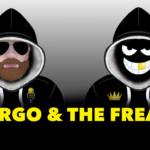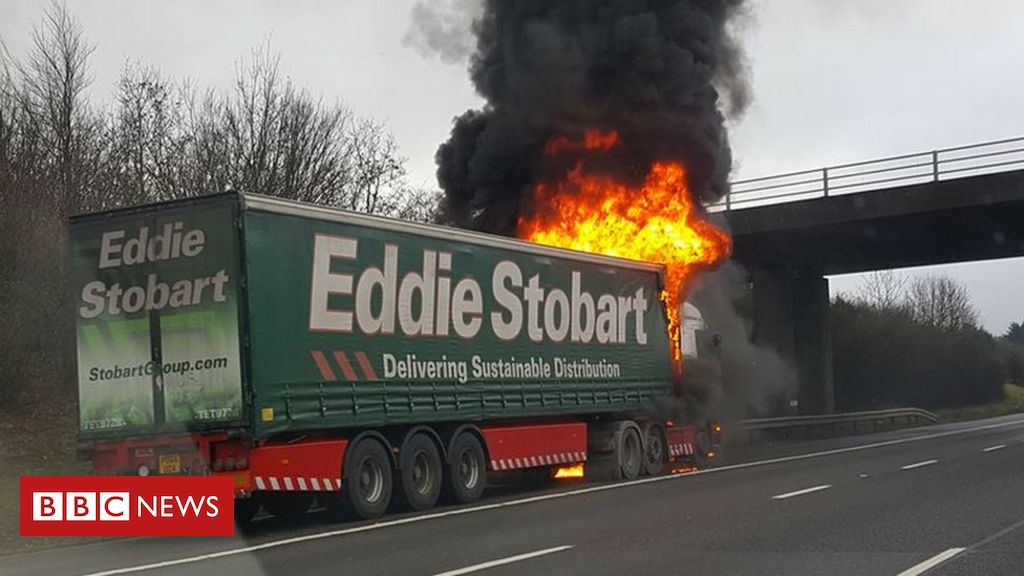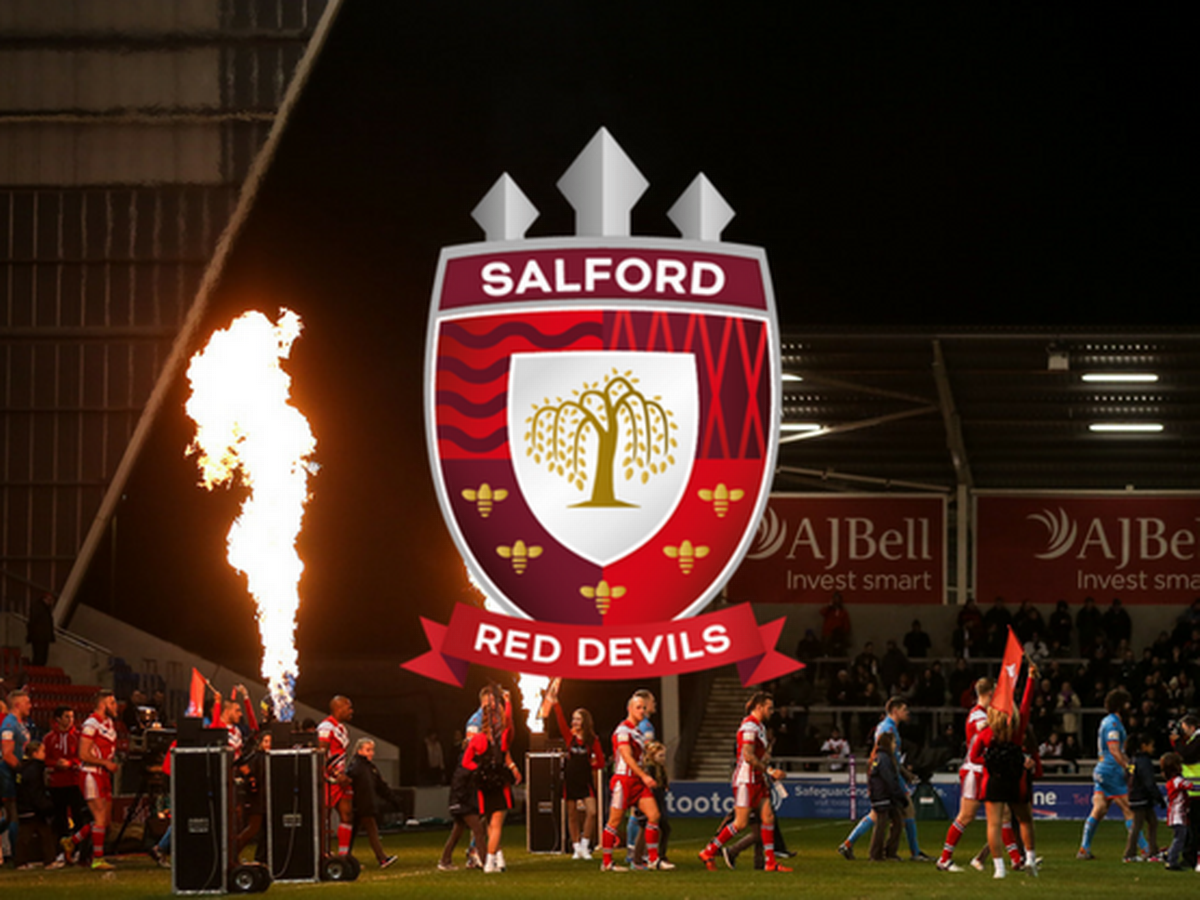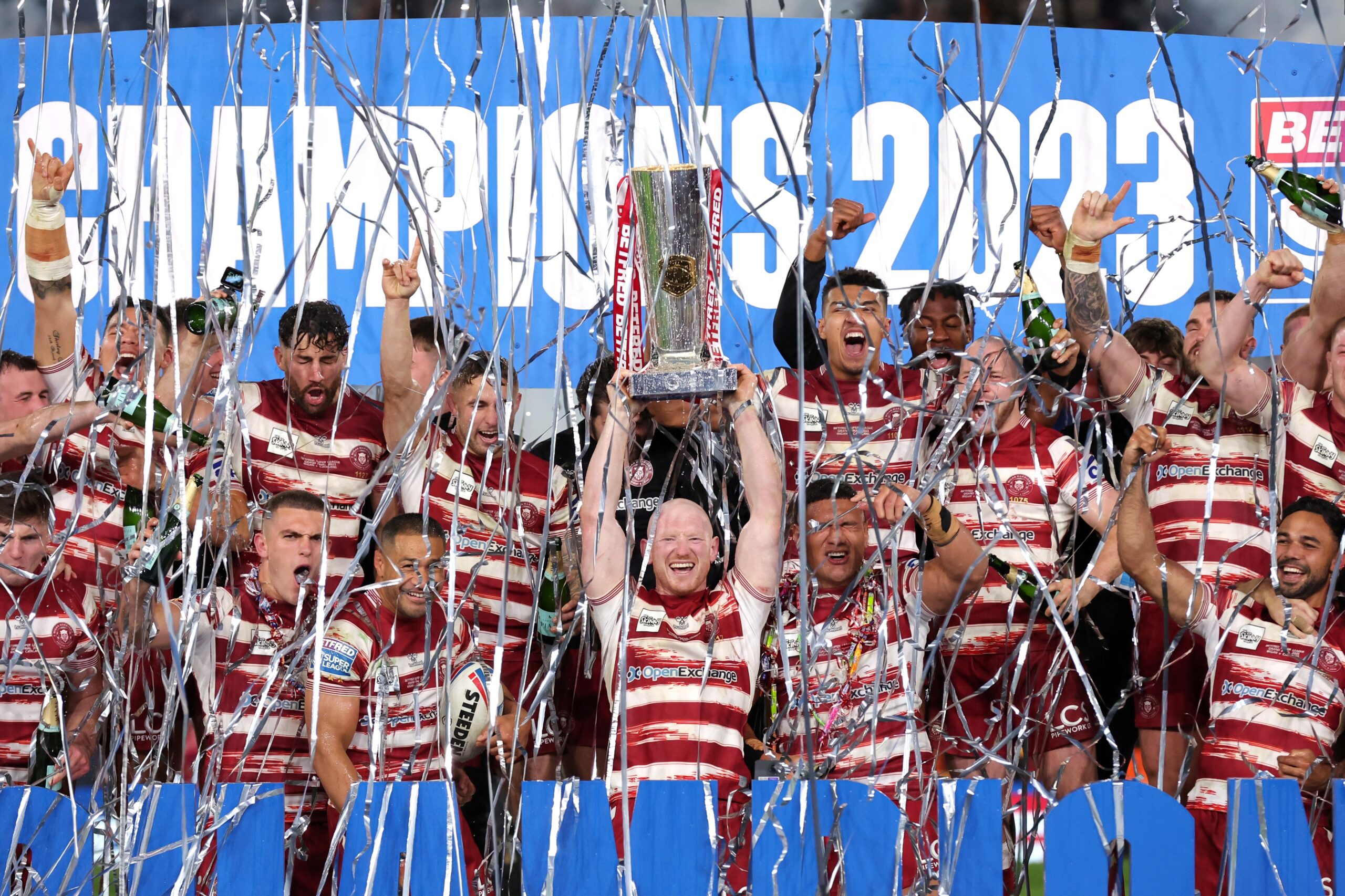Yesterday the RFL announced that it would be ending its naming rights deal with Stobart that saw them give away one of their biggest assets for stickers on trucks.
It is interesting to look at the reaction to the news and the way some people have tried to defend the deal or revise their previous opinions on the deal.
From the very beginning I said the deal was one of the most ridiculous decisions the RFL has ever had. For all of the problems the British game is facing, there are just two assets that it can cling to as a major source of income.
Super League rates pretty well on on Sky Sports. I have talked to people that live no where near a Super League club that have told me how they like watching Super League, and that is shown in the ratings the game gets.
Because of the pure number of eyeballs on TV sets for Super League games, the major naming rights deal for the competition is worth a fair bit of money. The RFL has claimed Super League has a cumulative audience of 24 million. For Rugby League, those figures should translate directly into cash, something all teams need at every level of the game.
When the RFL signed a deal to give away this major asset in exchange for stickers on the side of trucks, I was shocked. Even to this day there are people that defend the deal, suggesting that stickers and trucks boost crowds on television ratings.
This deal was indefensible, and I have a feeling that the timing of the announcement yesterday is a sign that many within the RFL felt the same way about this horrible deal. Announcing it will be cut short before the season is over allows them plenty of time to find a new naming rights sponsor and help out some of the clubs in Super League and lower levels, all of which are bleeding red ink.
The problem the RFL faces is that they have to sell a competition in which a lot of the teams are based in towns in northern England. This is a problem because it means any sponsor can’t look at Super League with the idea that they can create a national marketing campaign around it.
This is an issue the NRL itself faces, despite the fact that it is the most watched television sport in Australia and has teams in all but two of Australia’s capital cities. Sponsors can not look at the NRL and create a national advertising campaign around it because there are no NRL teams in Perth or Adelaide.
It is easy for some people in Britain to write this off as not being a problem, but it clearly is one of the things that holds Rugby League back. Put simply, because Super League for the most part is a competition confined to the north of England, it doesn’t provide any relevance to the rest of the country.
This problem should have been addressed decades ago. In the same way that the NSWRL saw the need to expand to in the early 1980’s, the RFL should have been working for a very long time to make sure that in 2012 the top competition had teams based in major media markets.
Since 1980 the NSWRL (Now the NRL) added teams in Canberra, Brisbane, Newcastle, North Queensland, Melbourne, Auckland and the Gold Coast that all still compete in the national competition. Can you imagine where Super League would be if the RFL had made similar decisions?
Now the RFL has a tough job on its hands. By giving away the naming rights to Stobart for no money at all, they devalued the worth of the naming rights. How do you convince a big company to pay big bucks for something that you gave away for nothing? Its a tough sell.
The RFL have a chance to do something really positive here. If they can secure a decent sponsorship deal it will be a much needed cash injection for struggling clubs and get the game in Britain moving in the right direction again.
It is difficult to sit back and watch so many poor decisions being made in regards to the way the game in Great Britain is run. I write about them a lot because I want to see the game over there doing well.
I still think that the RFL needs to approach Australian administrators for guidance. In an ideal world they would be able to sign up David Gallop to run the game over there, but the honest truth is, he has better offers elsewhere that allow him to stay in Australia.
Until there are major changes in the game Rugby League in Great Britain is run, the struggles are going to continue. That is what frustrates me most of all. I’ve writing about the same old issues for so many years, and unfortunately, I’ve been right.









